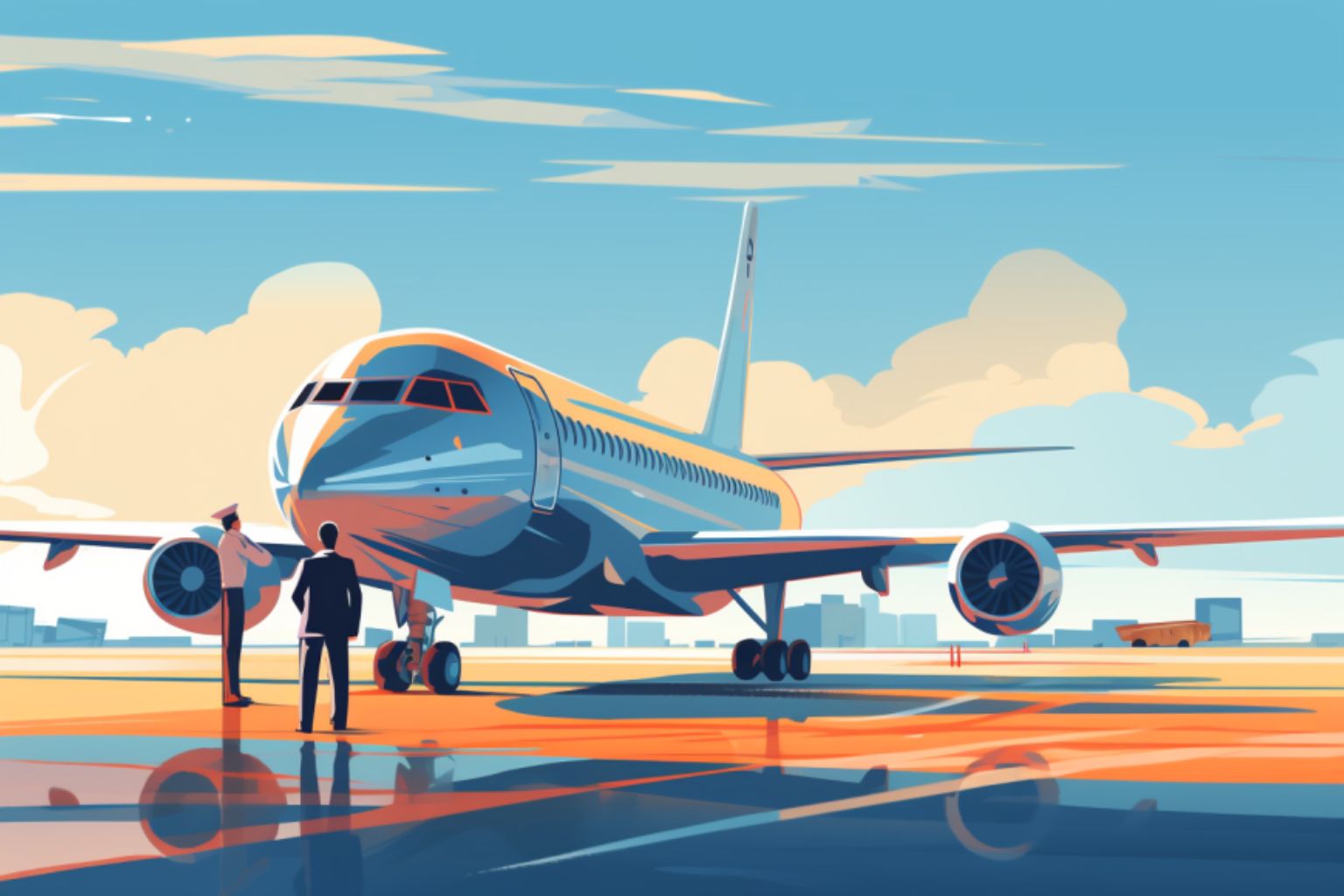Any day now, the U.S. Department of Justice will approve the merger between American Airlines and US Airways.
Clearing the world’s largest airline for takeoff will benefit passengers and build a new, highly competitive supercarrier, according to most of the industry’s talking heads. If there’s a consensus among them, it’s that the government ought to rubber-stamp this corporate union quickly.
But the conventional wisdom is wrong. As much as I want to like the proposed “new” American — and I really do — I just can’t.
Concerns over the merger
Passengers will probably pay more and get less. Cities are likely to lose airline service. Many airline employees might end up with pink slips.
The biggest favor the Justice Department can do for air travelers is to deny this merger takeoff permission.
Both airlines have made their best case for the deal. In a Senate hearing last month, US Airways CEO Doug Parker sounded as if passengers are begging the companies to merge, even though they aren’t. He claimed that “the new American will be a stronger and better competitor. We will bring more and better service to more destinations than ever before. We will offer competitive prices and convenient travel times. And we will remain committed to all communities — large and small.”
More service? A U.S. Government Accountability Office report warns that 1,665 airport-pair markets will lose one effective competitor in a merger, affecting more than 53 million passengers.
Better service? According to several customer service benchmarks, it doesn’t get much worse than this. The 2013 authoritative American Customer Service Index (ACSI) slapped American Airlines and US Airways with scores of 65 and 64 out of 100, respectively. Last year, US Airways was the second most complained-about airline, and American was number three, according to the Transportation Department.
Challenges and doubts surrounding the merger
Who was the worst-performing airline? United Airlines, which ranked dead last on the ACSI (62) and received the most complaints. Yeah, the same United that merged with Continental Airlines.
And consider Parker’s last two promises: low prices and a pledge to continue serving the same airports.
The American Antitrust Institute’s research casts doubt on both. A merger “would substantially eliminate competition on important routes, creating a dominant firm that — acting unilaterally post-merger — could raise fares, degrade service and eliminate consumer choice,” the AAI’s Diana Moss recently said in a congressional hearing. (Related: Why is US Airways so un-American?)
Also, I wonder if Parker has been to the St. Louis airport recently, which lost almost half its passenger traffic after American acquired TWA in 2002, or to Cincinnati, where air traffic plunged after the Delta-Northwest merger? These former hubs are now ghost towns, despite promises made in a prenuptial delirium.
And then there’s this: At a time when regulators were considering the proposed deal, American brazenly said it would try to squeeze more seats on the McDonnell Douglas MD-80 and the Boeing 737, post-merger. Some air travelers are calling the “new” American “Cram-erican.” Is the travel industry thinking small or just being small minded?
Too big to fail?
The only Parker claim that may ring true is that a combined airline will be a formidable competitor but not in the sense that he wants us to believe. As the world’s largest airline, it would enjoy a commanding presence in several important markets, including Washington, D.C.
US Airways already controls more than 55% of the takeoff and landing slots at Reagan National Airport, and that number would rise to 67% after the merger. That wouldn’t benefit passengers as much as it would enrich the airline — which will all but control National’s destiny for the next generation — and its shareholders.
Even if the Justice Department forces the airline to shed these slots pre-merger, American would become a colossus of the skies. It wouldn’t necessarily be stronger, just bigger. (Related: Would a US Airways-American Airlines merger be good for travelers?)
Maybe even too big to fail. (Here’s how to get a refund on a non-refundable airline ticket.)
By blocking this wrongheaded merger, the government won’t just be saving us from higher prices and dreadful service, it will also be saving American and US Airways from themselves. That is, after all, its job — to promote competition by enforcing our antitrust laws and principles. In a rebounding economy, both airlines have an opportunity to salvage their reputations, independently, and give us the service we deserve.
They should take it.




